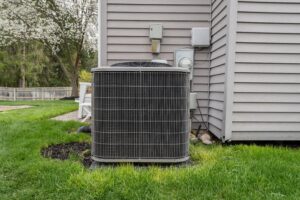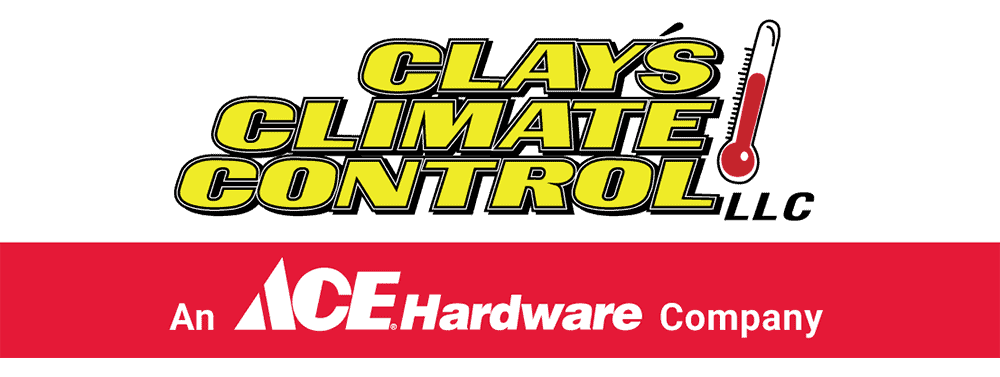
Invest in a Smart Thermostat
Instead of running your HVAC system constantly, invest in a smart thermostat to adjust temperatures automatically when you’re away or asleep. A programmable thermostat allows you to set different temperatures for different times of the day. This simple step can significantly reduce your energy consumption.
Change Your Air Filter Regularly
A clogged air filter makes your HVAC system work harder to circulate air, leading to decreased efficiency and higher energy bills. To avoid this, change your air filter every 1-3 months, depending on the type of filter and your home environment. A clean air filter also helps improve indoor air quality.
Seal Drafts
Those little drafts around windows and doors can add up to a big energy loss. Seal any leaks around windows, doors, and other openings in your home’s exterior. This will help prevent conditioned air from escaping in the summer and warm air from escaping in the winter, forcing your HVAC system to work harder to maintain your desired temperature.
Embrace the Power of the Sun
During the warmer months, take advantage of natural ventilation by opening windows in the morning and evening when the outdoor temperature is cooler. This helps circulate fresh air and reduces your reliance on air conditioning. Similarly, open blinds and curtains during the day to allow sunlight to naturally heat your home in the winter.
Use Ceiling Fans
Ceiling fans can help circulate air and make you feel more comfortable without lowering the thermostat setting. In the summer, set your ceiling fan to rotate counter-clockwise to create a cool breeze. In the winter, reverse the direction to push warm air down from the ceiling.
Upgrade to an Energy-Efficient HVAC System
If your system is old and inefficient, consider upgrading to a newer, more energy-efficient HVAC model. Look for systems with a high Seasonal Energy Efficiency Ratio (SEER) for cooling and a high Heating Seasonal Performance Factor (HSPF) for heating. While the upfront cost of a new system may be higher, the long-term savings on energy bills can be significant.
Clean the Condenser Coils
The condenser coils on your outdoor unit release heat from your home. Over time, these coils can become clogged with dirt and debris, reducing their efficiency. Gently clean the condenser coils with a soft brush or a vacuum to improve airflow.
Address Duct Leaks
Leaking ducts can waste a significant amount of energy. If you suspect leaks within your ducts, consult an HVAC service professional to have them inspected and sealed.
Trim Plants Around the Outdoor Unit
Keep trees and shrubs trimmed away from your outdoor unit. Blocked airflow can restrict the unit’s ability to function correctly. Ensure at least two feet of clearance around the unit on all sides.
Schedule an HVAC Tune-Up at Least Once Every Two Years
Regular maintenance is crucial for keeping your HVAC system running efficiently. A professional heating and cooling service can perform a tune-up to clean the system, check for leaks, and ensure all components function adequately. During an HVAC tune-up, technicians can also identify potential problems before they become major issues, saving you money on repairs in the future.
Why Choose Clay’s Climate Control for All Your Heating and Cooling Needs?
By following these simple tips, you can make your HVAC system more energy efficient, save money on energy bills, and reduce environmental impact. To schedule an HVAC tune-up, call us at 609-301-6002!

 It’s the first warm day of the year. You flip on your AC only to find it won’t turn on. As the temperatures rise, a well-maintained air conditioner becomes a necessity, not a luxury. Don’t wait until the first heat wave hits to discover your AC isn’t working correctly! Below, our team will share some helpful tips to get your air conditioner in the best shape possible before the warm weather strikes.
It’s the first warm day of the year. You flip on your AC only to find it won’t turn on. As the temperatures rise, a well-maintained air conditioner becomes a necessity, not a luxury. Don’t wait until the first heat wave hits to discover your AC isn’t working correctly! Below, our team will share some helpful tips to get your air conditioner in the best shape possible before the warm weather strikes.